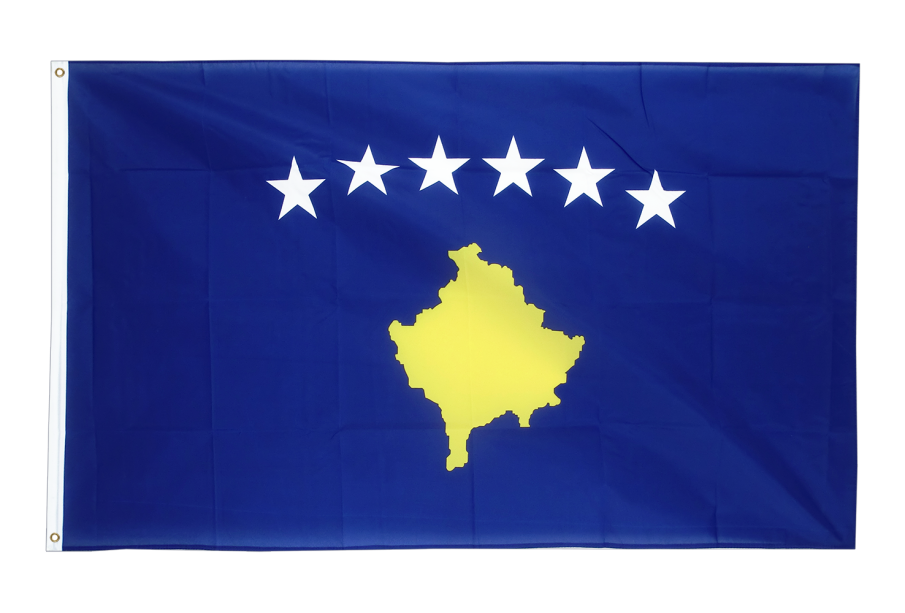The Current Situation in Kosovo: Challenges and Developments

Introduction
Kosovo, a landlocked country in the Balkans, proclaimed independence from Serbia in 2008, yet remains a focal point of geopolitical tension in the region. The significance of Kosovo in European politics has intensified, driven by ongoing disputes, ethnic tensions, and the influence of major global powers. Recently, tensions have resurfaced, prompting discussions about sovereignty, regional stability, and the implementation of international agreements.
Recent Developments
In recent months, the political situation in Kosovo has been marked by increased unrest and confrontational measures. A series of protests erupted in various cities, particularly in the Northern region, where ethnic Serbs are the majority. The protests were primarily driven by discontent towards the government in Pristina and its decision to implement municipal elections in predominantly Serb areas, which many local leaders boycotted.
Moreover, the EU-facilitated dialogue between Kosovo and Serbia has been stalled. Despite ongoing efforts to mediate talks, both sides have struggled to find common ground on key issues including the normalization of relations and the recognition of Kosovo’s sovereignty. The lack of a comprehensive peace agreement has made the situation more volatile, impacting the lives of citizens living in both territories.
International Perspective
The international community, particularly the United States and European Union, has been actively involved in seeking a resolution to the conflict. The recent appointment of new EU and US envoys indicates a renewed interest in pushing for stability in the Balkans. However, challenges remain as both Serbia and Kosovo express conflicting narratives about their historical claims and legitimacy.
Furthermore, Russia’s involvement in the region poses additional complexity. Moscow has staunchly supported Serbia, warning against recognition of Kosovo’s independence by other nations and promoting its own influence in the Balkans.
Conclusion
The situation in Kosovo is precarious, reflecting broader tensions in the Southeast European region. As Kosovo grapples with internal disputes and external pressures, the potential for escalation remains high. Observers expect continued diplomatic efforts by the EU and US to foster dialogue; however, the success of such initiatives will largely depend on the willingness of both parties to compromise. The resolution of Kosovo’s status is not only vital for peace in the region but also for the broader stability of Europe, underscoring the need for ongoing attention from the international community.


